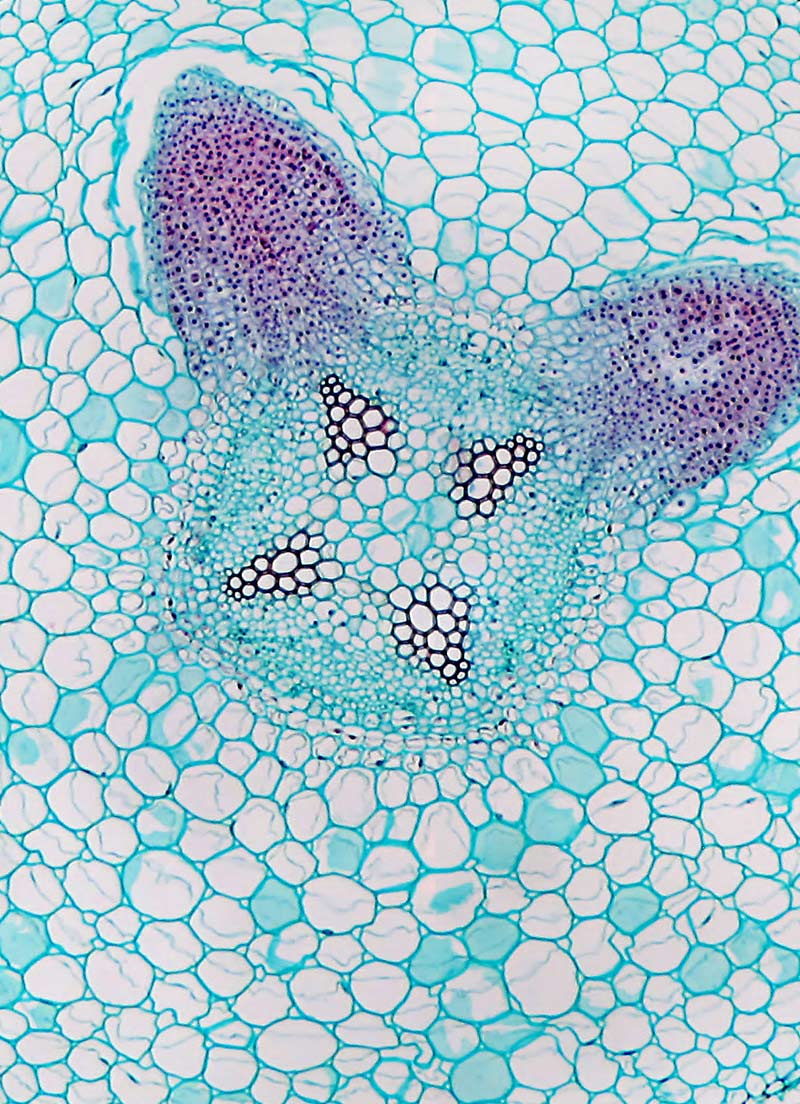
Technology Breakthroughs Always Change How The World Works
Nanotechnology is enhancing drug delivery by targeting specific cells, improving absorption and minimizing side effects. Researchers are also developing new antibiotics and therapies to combat antibiotic-resistant bacteria.
Stem cell therapy and regenerative medicine are advancing rapidly, offering potential cures for previously untreatable conditions like heart disease and spinal cord injuries. Genomics and personalized medicine are transforming healthcare, allowing for tailored treatments based on an individual’s genetic profile.
Overall, the future of medicine looks promising, with innovations set to improve health outcomes and offer new hope for patients worldwide.
Ground-breaking medicines
Medical science is evolving rapidly, introducing ground-breaking medicines that are transforming healthcare. These innovations enhance the quality of life for millions and pave the way for a healthier future. Recent advancements in drug discovery and biotechnology have led to the development of therapies targeting diseases at a molecular level, offering precise and effective treatment options. Personalized medicine is becoming a reality, allowing treatments tailored to individual genetic profiles, reducing side effects, and increasing efficacy. Biotechnology has revolutionized the pharmaceutical industry. Techniques such as CRISPR and gene therapy provide new hope for patients with genetic disorders, enabling scientists to edit genes and potentially cure diseases once considered untreatable.
Advancements in Drug Discovery and Biotechnology
Recent advancements in drug discovery and biotechnology have led to the development of therapies targeting diseases at a molecular level, offering precise and effective treatment options. Personalized medicine is becoming a reality, allowing treatments tailored to individual genetic profiles, reducing side effects, and increasing efficacy.


Cutting-edge Biotechnology Techniques
Biotechnology has revolutionized the pharmaceutical industry. Techniques such as CRISPR and gene therapy provide new hope for patients with genetic disorders, enabling scientists to edit genes and potentially cure diseases once considered untreatable
1. Drug discovery
Medical science is evolving rapidly, introducing ground-breaking technologies that are transforming healthcare. These innovations enhance the quality of life for millions and pave the way for a healthier future. Recent advancements in drug discovery technologies have led to the development of therapies targeting diseases at a molecular level, offering precise and effective treatment options. Personalized medicine is becoming a reality, allowing treatments tailored to individual genetic profiles, reducing side effects, and increasing efficacy.
2. Neural implant
Biotechnology has revolutionized the pharmaceutical industry. Techniques such as CRISPR and gene therapy provide new hope for patients with genetic disorders, enabling scientists to edit genes and potentially cure diseases once considered untreatable. Innovative drug delivery systems are emerging, with nanotechnology being used to develop systems that can target specific cells, improving medication absorption and effectiveness while minimizing adverse effects.
What the future holds for us
One of the biggest challenges in modern medicine is antibiotic resistance. As bacteria evolve and adapt, traditional antibiotics become less effective, posing a significant threat to global health. Researchers are diligently developing new antibiotics and alternative therapies to combat these resistant bacteria. This includes innovative approaches like phage therapy, which uses bacteriophages (viruses that target bacteria) to eliminate harmful pathogens, and the development of antimicrobial peptides that can disrupt bacterial membranes. These advancements are crucial to ensuring that we stay ahead in the fight against infectious diseases and maintain effective treatments for bacterial infections. The future of medicine looks incredibly promising with ongoing research and clinical trials exploring new frontiers in medical science. Stem cell therapy is one of the most exciting areas, offering the potential to regenerate damaged tissues and organs, providing new hope for conditions such as heart disease, spinal cord injuries, and neurodegenerative disorders. Regenerative medicine, which encompasses stem cell therapy, tissue engineering, and the use of biomaterials, aims to restore normal function to damaged tissues and organs. This field holds the promise of curing previously incurable conditions and significantly improving patients' quality of life. Overall, the future of medicine is bright, with groundbreaking innovations poised to improve health outcomes and provide new hope for patients worldwide. These advancements are not only enhancing individual health but also have a profound impact on public health, promising a healthier and more resilient global population.

Final thoughts
Technology has an unparalleled ability to redefine our lives and the world around us. Each breakthrough, from the invention of the wheel to the latest advancements in artificial intelligence, has not only reshaped industries but also altered how we interact, learn, and live. These innovations drive progress, solve complex problems, and open up new possibilities that were once considered the stuff of science fiction.
As we stand on the brink of even more remarkable technological developments, it’s clear that the transformative power of technology is boundless. Whether it’s through enhancing healthcare, revolutionizing communication, or paving the way for sustainable solutions, technology continues to push the boundaries of what is possible. The world we live in today is a testament to the incredible impact of these advancements, and the future promises even greater changes that will continue to shape our world for the better.



Leave a Reply